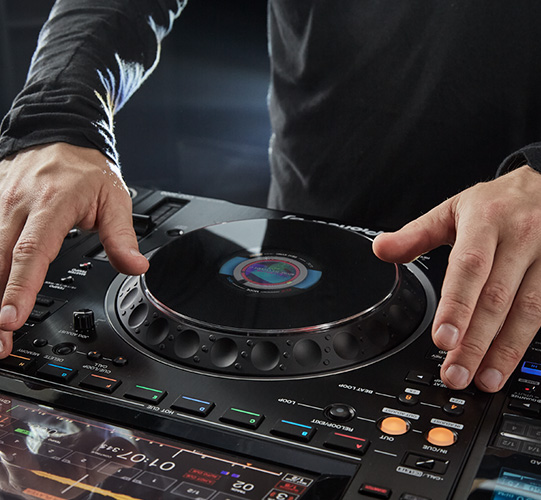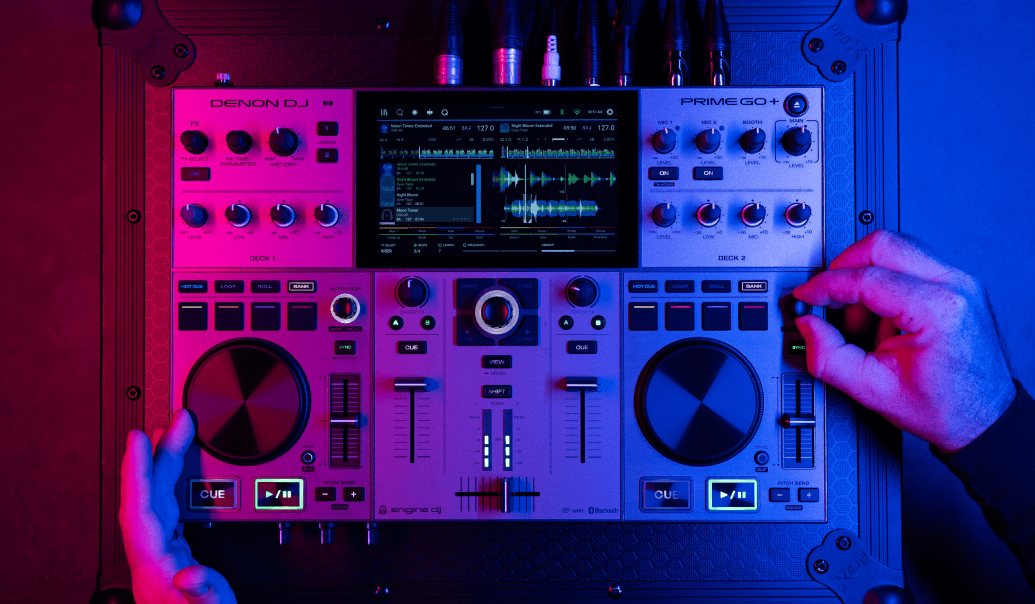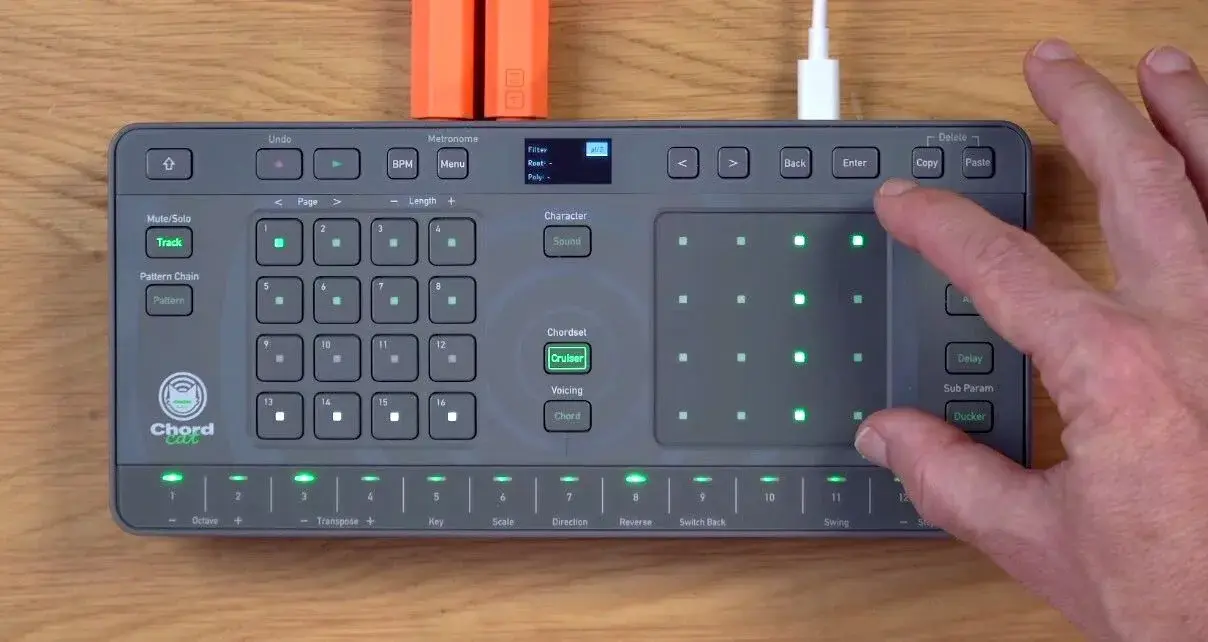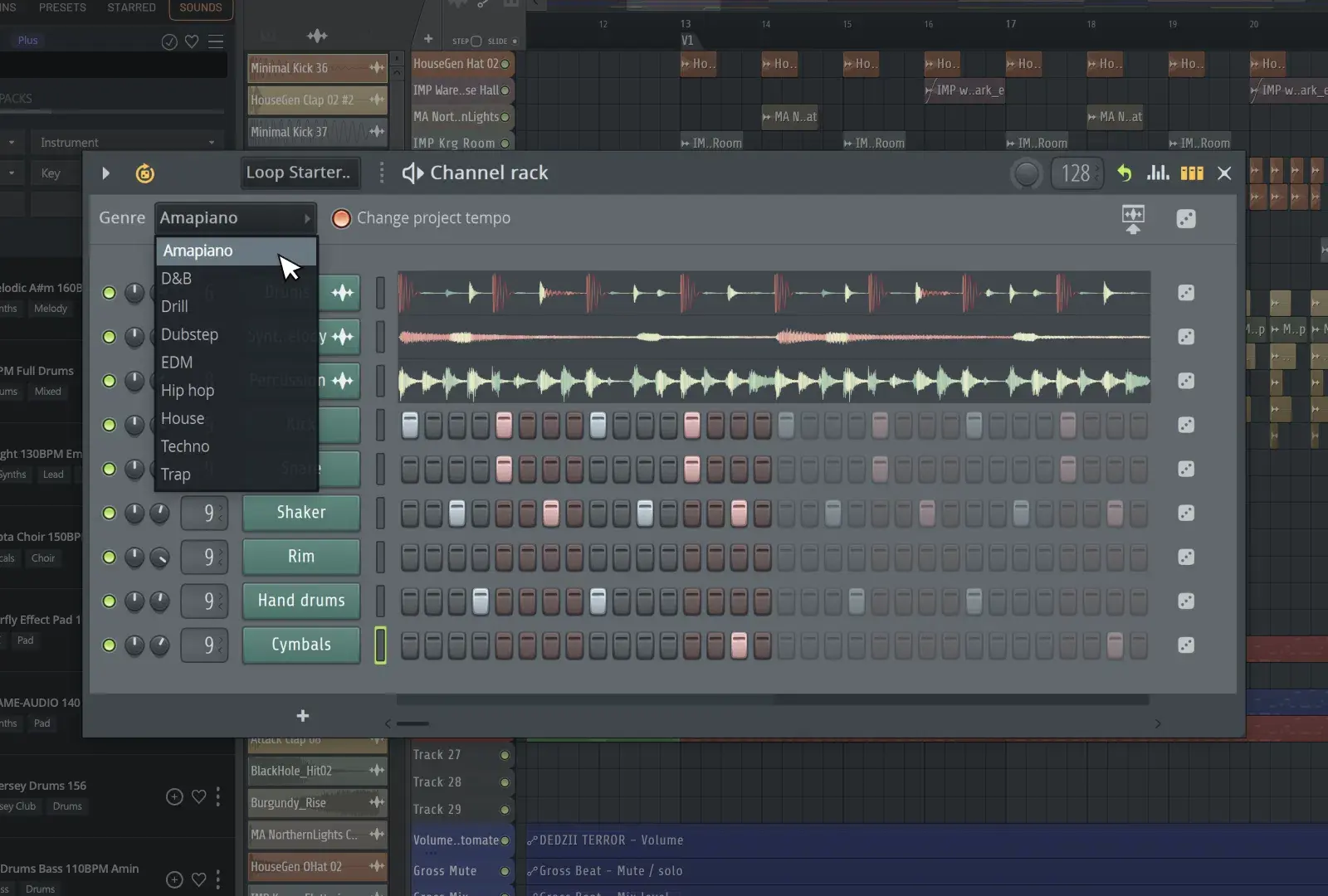
Mixed in Key is changing the face of the DJ world as we know it. By analyzing your digital music files, Mixed in Key can detect the musical key of each one of your songs, and it actually writes the song’s musical key directly into the audio file, so you can view the musical keys in programs such as iTunes, Traktor, Ableton Live, Serato and more, allowing DJs to sort their playlists by key so you can quickly find tracks that are in harmony with each other. This $58 software can save you a lifetime of sitting in your DJ room with a piano writing all the keys on your record sleeves. You literally run your music collection overnight and the next day you are reborn as a harmonic mixing DJ and will never turn back!
While all of this is a dream come true for some, a lot of people argue about how accurate Mixed In Key really is. There have been studies out there comparing Mixed In Key’s results with musical databases, but the studies were mostly done for rock, Alternative, Pop and Top 40 Songs. What I wanted to see was how accurate Mixed In Key was for Dance Music. I took 200 of my best House, Tech House, Techno, Progressive House and Breaks tracks, and keyed them all one by one manually on a piano. I made a spreadsheet that compared all of my results with Mixed in Key's results.
I was able to gather some very interesting data about how accurate the program really is for the music I play. I double-checked all of the tracks to make sure my results were completely accurate.
If you’d like to see the entire chart with all of my results, you can view the chart here. If you look at the chart you will see that I noted Mixed In Key’s results, as well as my results from using the piano to figure out the key. I also looked up each track's genre on Beatport just for fun, and to get genre specific data. Out of all the data I collected here are some interesting facts I discovered based on the 200 Dance Music tracks I tested with.
As you can see by these results Mixed In Key is a serious tool for DJs looking to improve their musicality, and is very accurate when analyzing the keys. You don’t have Mixed In Key yet, you better get it soon or you will get left in the dust! It will change your DJ life forever.

Over the years of my DJ career I've logged countless hours on Pioneer's gear, from the gritty reliabilit...

Introduction Welcome to the electrifying world of DJing in 2025, where beats drop not just in clubs but ...

If you've ever stared at your keyboard, scratching your head over the next chord in your progression, th...

FL Studio 2025: Start Faster, Finish Stronger with Game-Changing Creative Tools Say goodbye to creative ...